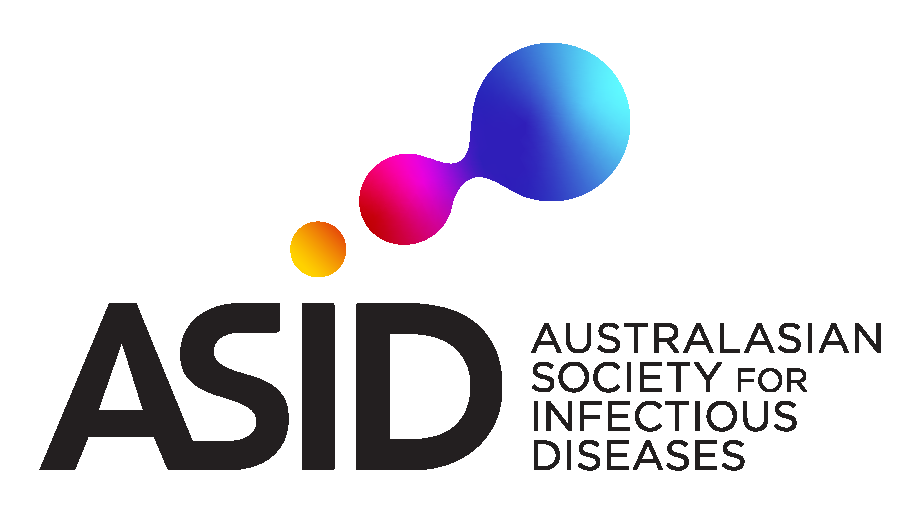EDAM: Electronic clinical Decision support for Acute fever Management in rural South and Southeast Asia
Acute fever is a major reason for seeking primary healthcare in rural South and Southeast Asia, with infectious causes predominant. However, under-developed healthcare worker skillsets and poor access to diagnostic tests or other aids hamper clinical decision-making. One consequence is over-prescription of antibiotics which promotes antimicrobial resistance, a pressing problem globally but especially in this region.
I am Chief Investigator on a trial of an electronic clinical decision support tool (EDAM - Electronic clinical Decision support for Acute fever Management) to guide primary healthcare workers manage patients with acute fever, co-funded by ASID through its 2023 Research Grant Award and the Wellcome Trust.
EDAM is a mobile app which integrates symptoms, vital signs, and point-of-care aids such as rapid tests and pulse oximetry into a user-friendly algorithm. Once ethical approval has been obtained, the trial will run in Bangladesh, Cambodia, and Myanmar leveraging the infrastructure provided by the multi-national South and Southeast Asian Community-based Trials Network (SEACTN), which I coordinate.
My co-investigators and I hope that EDAM will reduce unnecessary antibiotic prescriptions, which is the primary outcome we will be measuring, among other benefits. We also hope that this trial will provide a foundation for further studies of digital health applications for low-resource rural tropical settings.
Dr Christopher Rusheng Chew
Mahidol Oxford Tropical Medicine Research Unit, Thailand and University of Oxford, UK
Dr Christopher Chew received the 2023 ASID Research Grant. Awarded annually, the $25,000 ASID Research Grant aims to foster and encourage clinical infectious diseases research by ASID members and to provide seed funding for research to strengthen subsequent competitive grant applications.
Dr Chew at one of the primary health centres in Cambodia participating in the trial.

